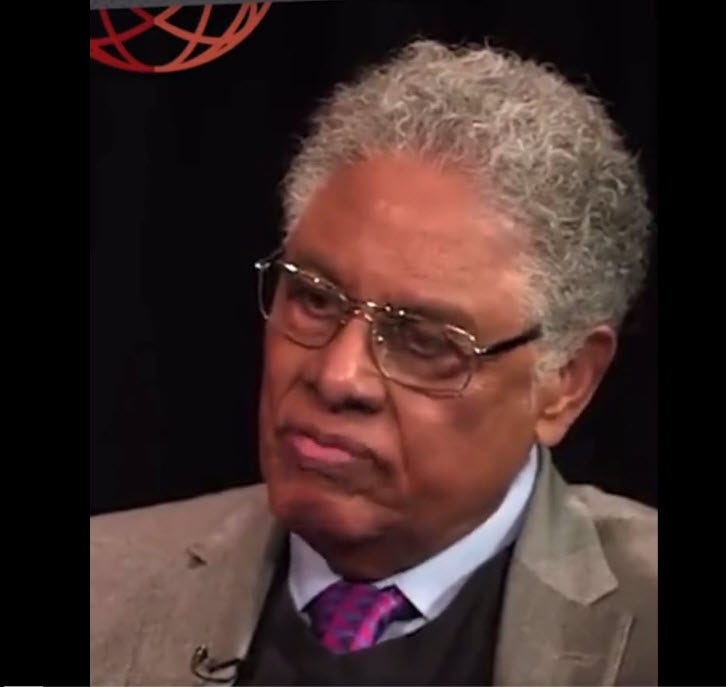Critical Race Theory in Australia: A Problematic Shift in Education
Problem: When Education Becomes Activism (by C.Karena)
When does teaching cross the line into activism? The answer lies in the curriculum and teacher training that prioritise ideological agendas over foundational skills. A recent report by the Institute of Public Affairs (IPA), titled Who Teaches the Teachers?, sheds light on a troubling reality in Australia’s education system. The report reveals that nearly one-third of all teaching subjects at Australian universities focus on "woke" ideologies like Critical Race Theory (CRT) and Critical Social Justice (CSJ), while less than one semester is dedicated to teaching core literacy and numeracy skills.
To put it in perspective, out of 3,713 teaching subjects offered in 2023, 1,169 were linked to CRT and CSJ concepts, but fewer than one in ten focused on essential academic skills. Dr. Bella d’Abrera of the IPA highlights the gravity of the issue:
“Instead of being taught how to master core academic curriculum such as reading, writing, mathematics, history, and science, prospective teachers are being trained by their university lecturers to be experts in Critical Social Justice, identity politics, and sustainability.”
This shift in focus has serious implications for Australia’s future, where students are deprived of vital skills necessary for academic and professional success. But this ideological takeover didn’t happen overnight—it has roots in the early 2010s and traces back to individuals like Roz Ward, a self-identified Marxist and a key architect of the Safe Schools Coalition Australia program.
The Dangers of a Neo-Marxist Agenda
Roz Ward introduced what she termed a "Neo-Marxist agenda," rooted in three pillars: Critical Race Theory, Queer Theory, and the fight against Patriarchy. While traditional Marxism focused on class conflict, her adaptation shifted the focus to conflict based on race, gender, and sexual orientation. Critical Race Theory, one of these pillars, has become a pervasive framework in Australian teacher training.
But what exactly is CRT? According to the World Economic Forum, CRT is a framework that:
“...tells a story about institutionalised racial disadvantage and systemic racial inequality.”
The basic tenets of critical race theory, emerged out of a framework for legal analysis in the late 1970s and early 1980s created by legal scholars Derrick Bell, Kimberlé Crenshaw, and Richard Delgado, among others. The core idea is that race is a social construct, and that racism is not merely the product of individual bias or prejudice, but also something embedded in legal systems and policies. A good example is when, in the 1930s, American government officials literally drew lines around areas deemed poor financial risks, often explicitly due to the racial composition of inhabitants. Banks subsequently refused to offer mortgages to Black people in those areas.
However since, this academic understanding of critical race theory differs a great deal to what is put in practice. Today, CRT divides society into racial categories and views individuals primarily through the lens of their skin colour rather than their character. It dismisses foundational principles like objectivity, meritocracy, and equality under the law as mere products of "Western racism."
Here are some of CRT's core tenets that underpin its divisive narrative:
Individuals are judged by the colour of their skin, not their character.
Society is divided into "oppressors" (white people) and the "oppressed" (people of color).
White privilege ensures success for white individuals at the expense of others.
Racism is systemic, present in every interaction, and ingrained in institutions.
Merit-based systems, rational reasoning, and even science are dismissed as tools of white supremacy.
What’s more concerning is how CRT labels dissenters: criticism of CRT itself is deemed proof of racism. Individuals of colour who challenge CRT's doctrines are stigmatised as traitors.
Amplifying the Problem in Schools
This ideological framework isn’t confined to academia—it’s filtering into Australian schools through teacher training programs. Prospective teachers are being moulded into activists, carrying CRT-based teachings into classrooms. These teachings focus on racial division, implicit bias, and anti-racism initiatives that place blame squarely on “oppressor” groups, regardless of individual behaviour or intent.
The consequences?
Erosion of academic rigour: Teachers spend less time on core subjects like maths and literacy.
Division among students: Children are taught to view one another through the lens of privilege or oppression.
Loss of neutrality in education: Classrooms become battlegrounds for ideological indoctrination rather than spaces for critical thinking.
Solution: Reclaim Australian Education
To address this growing issue, Australia must pivot toward evidence-based education policies that prioritise literacy, numeracy, and critical thinking over ideological indoctrination. The following steps can help course-correct:
Audit University Curricula: As revealed by the IPA report, teacher training programs need urgent reform. The focus must shift back to core academic skills.
Ban Ideological Frameworks in Schools: School curricula should be free of divisive ideologies like CRT. Legislators and policymakers must ensure that education fosters unity, not division.
Empower Parents and Communities: Parents should be informed and involved in their children’s education. Open dialogue can ensure schools remain accountable to the communities they serve.
Strengthen Teacher Standards: Future teachers should master core subjects and learn how to promote genuine inclusivity—treating all students as individuals rather than racial stereotypes.
Teach History: At any one time most cultures, yellow, black, red and white have been slaves or slave owners, no one shade of human is intrinsically an oppressor or oppressed.
Click to play: https://youtube.com/shorts/M9RVmlPaSpU
The push for equity and inclusivity should never come at the cost of academic excellence or social cohesion. By rejecting ideological frameworks like CRT and re-focusing on foundational skills, Australia can safeguard its education system and its future.
Let’s ensure our classrooms are places of learning and growth, not laboratories for activism.





